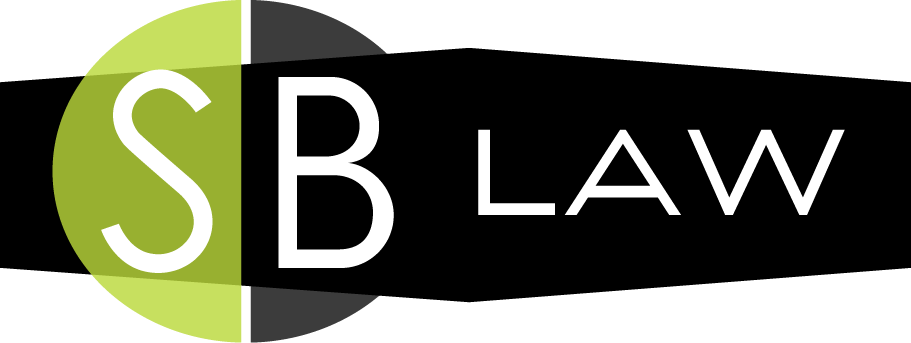By: Attorney Andrew J. Steimle
Starting a business can be a daunting task, especially when it comes to choosing the right business structure. Three common options are sole proprietorships, DBAs, and limited liability companies (LLCs). While each structure has its advantages and disadvantages, understanding the differences between them is important to help you make an informed decision.
A sole proprietorship is the simplest and most common business structure. In reality, it isn’t a business structure at all. It is a business owned and run by an individual who is personally liable for all the business’s debts and obligations. While easy to set up, a sole proprietorship provides no legal protection for the owner’s personal assets, making it risky.
A DBA, or “doing business as,” is also not a separate legal entity, but rather a name under which a business owner operates. A DBA by itself does not provide any liability protection to its owner, and the owner also remains personally liable for all the business’s debts and obligations. Often times people use a DBA to either avoid using their personal name, or to better market their business. For example, assume Jane Smith is a carpenter. If she advertises herself and holds herself out in the market as “Carpentry Specialists”, she is a sole proprietor doing business as Carpentry Specialists.
An LLC is an actual business structure that combines the liability protection of a corporation with the simplicity and tax benefits of disregarded entity or, if more than one member, a partnership. Owners of an LLC, called members, are generally not personally liable for the company’s debts and obligations, and the business’s income is often taxed as personal income of the members (unless another taxation method is elected by the LLC), thus avoiding double taxation. LLCs typically offer greater flexibility in management and ownership structure than corporations and other entities.
While a sole proprietorship and a DBA are simple and inexpensive to set up, they offer absolutely no legal protection for the owner’s personal assets. In contrast, an LLC provides limited liability protection for its members, generally shielding their personal assets from business debts and obligations. Of course, certain exceptions do apply.
Moreover, an LLC is often perceived in the marketplace as being more credible, and more professional, which can be important when dealing with customers, investors, and suppliers. An LLC can also help attract and retain talented employees by offering them the opportunity to become members and share in the company’s profits.
In conclusion, choosing whether to engage in business as a sole proprietor or an LLC is a critical decision that can have significant legal, financial, and operational implications. While a sole proprietorship and a DBA may be suitable for small businesses with very low-risk activities, an LLC is often a better choice for businesses that want liability protection and flexibility. It is always recommended to consult with a business attorney and accountant before making a final decision.
This blog post is provided for informational purposes only and by its very nature is very general. This information is not intended as legal advice.
